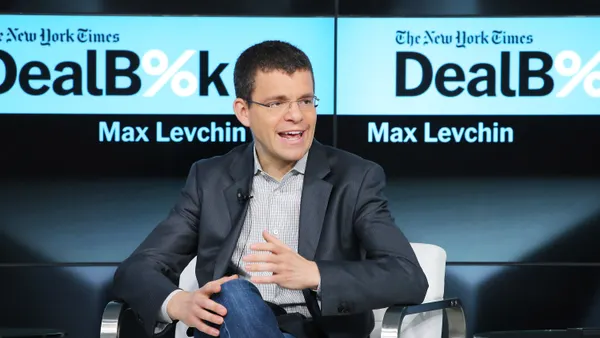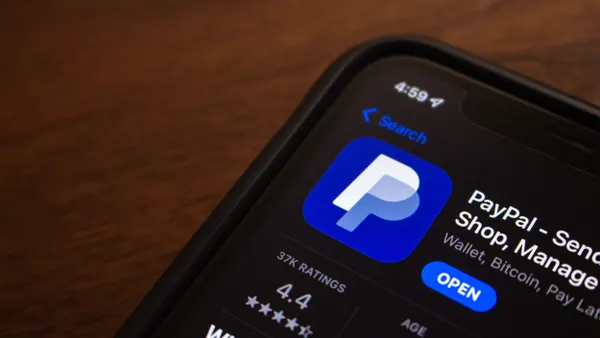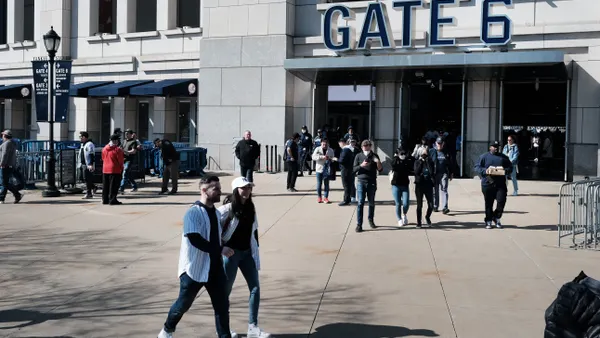Capital One completed its acquisition of Discover on Sunday, to close the richest banking deal of the past six years and create the nation’s largest credit card issuer.
In closing its acquisition of Discover, Capital One met a timeline it adjusted in February. “This deal brings together two innovative, mission-driven companies that together are poised to deliver breakthrough products and experiences to consumers, businesses and merchants,” Capital One CEO Richard Fairbank said in a statement Sunday.
The development caps a 15-month waiting game for two behemoths that proposed combining in February 2024. The Fed and Office of the Comptroller of the Currency approved the tie-up in April, – but with conditions. The Fed fined Discover $100 million over a pricing misclassification issue that has plagued the company for years.
The Fed issued a consent order on the matter, in coordination with the Federal Deposit Insurance Corp. — which brought heavier penalties. The FDIC issued three orders against Discover last month — one carrying a $150 million fine; one requiring the company to distribute at least $1.225 billion in restitution to overcharged customers; and one amending its 2023 consent order related to the price misclassification issue.
The OCC’s approval hinges on Capital One submitting a plan, within 120 days, on the actions it plans to take to address the causes of the enforcement actions against Discover — and the timeline.
The $35.3 billion acquisition has long stood as a test case for bank combinations under the Trump administration, and has faced pushback – even after regulators’ approval – from Democratic lawmakers, most notably Sen. Elizabeth Warren, D-MA.
Warren in April accused regulators of “rubber-stamp[ing]” the deal and wrote the Fed and the Justice Department in recent weeks. She urged the Fed to reconsider its decision, arguing the central bank ignored input from other regulators and insufficiently considered the transaction’s effects on low-income consumers, competition and financial stability in the U.S.
Last week, Warren wrote the DOJ to persuade it to sue to block the deal.
As it stands, Capital One will gain access to Discover’s network through the deal – and also boost its assets to around $660 billion, making it the nation’s eighth-largest bank.
Capital One added three members to its board of directors Sunday: Discover’s board chair, Tom Maheras; its interim CEO, Michael Shepherd; and Reddit Chief Operating Officer Jennifer Wong.
The bank also reiterated Sunday it would begin implementing the five-year, $265 billion community benefits plan it announced last July.
The bank, over the weekend, also made headway in one of the major court cases against it – a class-action lawsuit brought in the U.S. District Court for the Eastern District of Virginia by customers who held Capital One 360 Savings accounts. Capital One agreed Friday to pay $425 million in restitution to people who held the savings accounts at any point from Sept. 18, 2019, onward.
That’s the date on which Capital One launched its 360 Performance Savings product. Plaintiffs argue the bank concealed certain details from 360 Savings account holders to avoid paying existing customers the new product’s higher interest rate.
The disparity in returns between the two account products grew in earnest in 2022, when the Federal Reserve began to raise interest rates. Capital One froze its 360 Savings rate at 0.3% at that time, but increased its 360 Performance Savings rate to as high as 4.35%, plaintiffs have noted.














